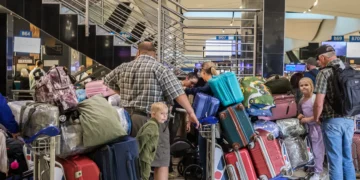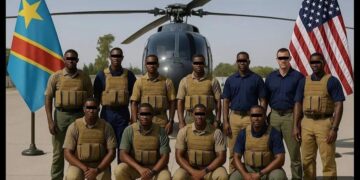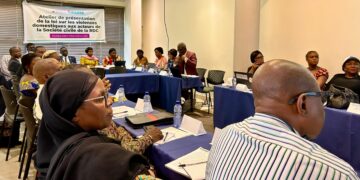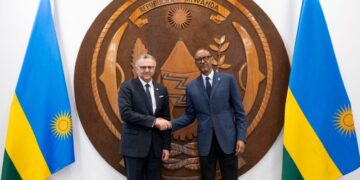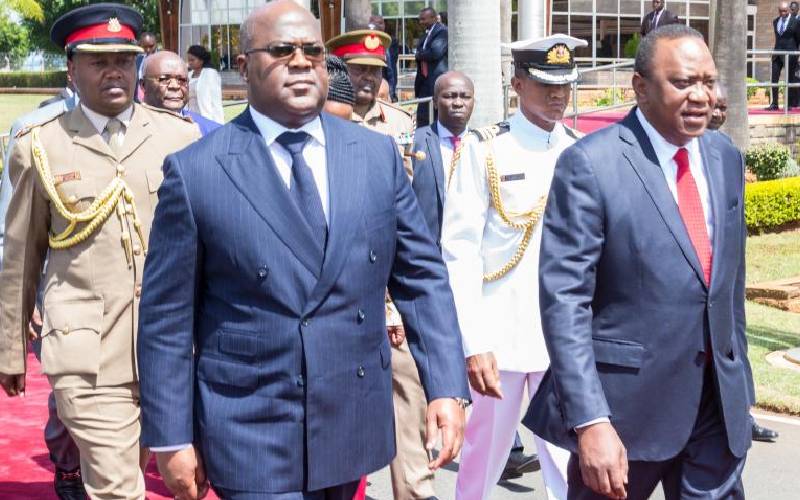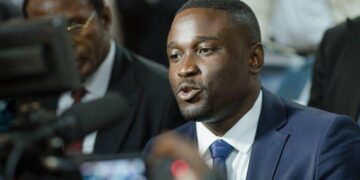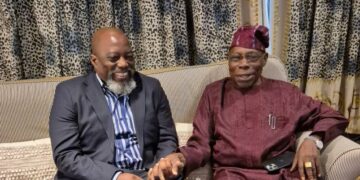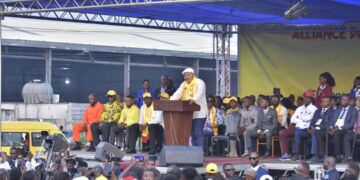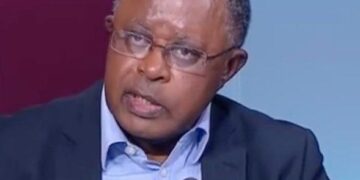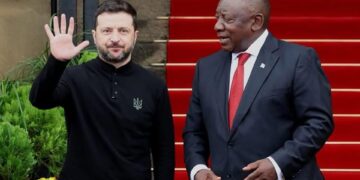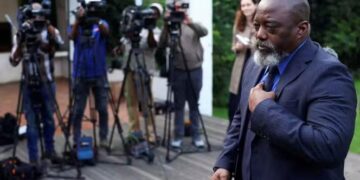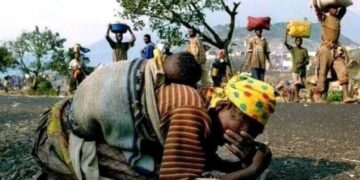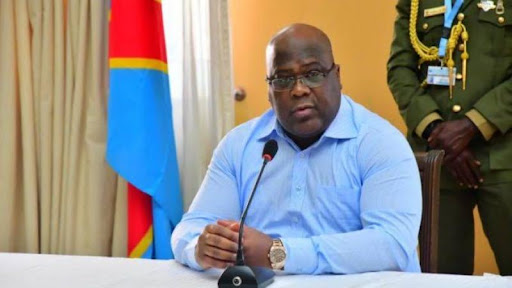The move comes amid heightened security concerns, economic pressure, and the need to reinforce state authority in remote and conflict-affected regions.
“The time has come to return to the people. I want to see for myself how our communities are progressing, where we are failing, and what must be done urgently,” said President Tshisekedi during a press conference in Kinshasa.
One of the main focuses of the upcoming missions will be the eastern provinces particularly North Kivu, South Kivu, and Ituri—where armed groups, including the M23 rebellion, the Allied Democratic Forces (ADF), and various Mai-Mai militias, continue to operate. These regions have seen repeated displacements, human rights violations, and a fragile humanitarian situation.
“The president’s return to the east is both symbolic and necessary,” said Dr. Jean-Claude Musubao, a political analyst at the University of Goma. “If he is serious about restoring peace and state legitimacy, he must engage directly with the people and with local leaders who are often marginalized in national decision-making.”
Despite a series of military operations and international support, including from the Southern African Development Community (SADC), insecurity persists, undermining economic activity and development initiatives.
The situation in Beni and Djugu remains particularly volatile, with attacks on civilians and mass displacements continuing into early 2025. Tshisekedi is expected to address these concerns during town hall-style meetings and visits to IDP (internally displaced persons) camps.
In addition to security, the president will evaluate the implementation of the “Programme de Développement Local des 145 Territoires” (PDL-145T), a $1.6 billion initiative aimed at decentralizing development and reducing inequalities across the country.
“This program is at risk of becoming a missed opportunity,” said Émilie Kanku, a governance specialist with the Kinshasa-based think tank CongoPolicy. “There have been delays in project execution, mismanagement in some territories, and a lack of clear communication. The president’s presence on the ground could accelerate progress if it’s followed by concrete action.”
In many regions, including in the central provinces of Kasaï and Sankuru, public services such as healthcare, education, and road infrastructure remain inadequate. Tshisekedi is expected to visit hospitals, schools, and construction sites to assess the gaps firsthand.
While framed as a governance initiative, the tours also carry political weight. With opposition voices growing louder over issues like corruption, press freedom, and the sluggish pace of reform, the president’s field presence could help rebuild public trust.
“Tshisekedi is facing pressure from all sides: security, economy, and governance,” said Stéphanie Kalume, a Congolese political commentator. “By putting himself visibly back in the national spotlight, especially outside Kinshasa, he is preparing the political terrain for the next electoral cycle—even if elections are still a few years away.”
The opposition, including figures such as Martin Fayulu and Moïse Katumbi, have already criticized the move as a “political marketing campaign” that risks overshadowing structural failures.
International partners including the United Nations, African Union, and EU are watching these developments closely, particularly as MONUSCO (the UN peacekeeping mission) continues its phased withdrawal from the country. There are concerns that without strong state presence and leadership, certain areas may fall into deeper instability.
“Leadership from the top is important, but it must be matched with institutional strength and inclusive governance,” noted a UN official based in Goma, who asked not to be named.
Although the official schedule remains confidential for security reasons, sources within the presidency confirm that the first leg will begin in Goma, followed by stops in Bunia, Kananga, and Kisangani. Logistics teams and presidential advance units have already been deployed to prepare the way.
This initiative may prove to be a turning point for Tshisekedi’s second term—either as a sign of genuine reconnection with the people or as a test of political will in the face of growing national challenges.


